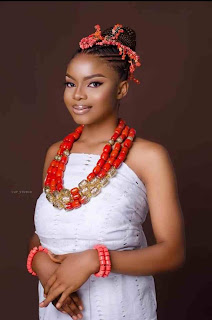Top 21 Moral Values Enuani Parents Inculcated in their Children Before the Dawn of Westernization and the Lessons

Top 21 Moral Values Enuani Parents Inculcated in their Children Before the Dawn of Westernization and the Lessons - Emeka Esogbue Three distinct units make up the Anioma Region of today and they are Enuani Nation, Ika Nation, and Ndokwa Nation. The Enuani Nation, the topic of this discourse comprises the communities of Asaba, Ibusa, Ebu Ogwashi-Uku, Issele-Uku, Isheagu, Onicha-Olona, Ubulu-Uku, Obomkpa, Okpanam, Oko, Ewulu, Ejeme-Unor, Ugbodu, Idumuje-Unor, Ezi and others too numerous to mention here. These people in the unknowable era, adhered to common moral lessons in raising their children which instilled the consciousness of what is right and wrong in their society. These moral lessons were more commonly practised until Western civilization crept in with erosion Some of these lessons were also common with other climes though. The Moral Lessons 1. Early in life, the parents especially mothers kept screaming to the child, 'imakwa na nwanyi ka ibu?' This rhetorical question


